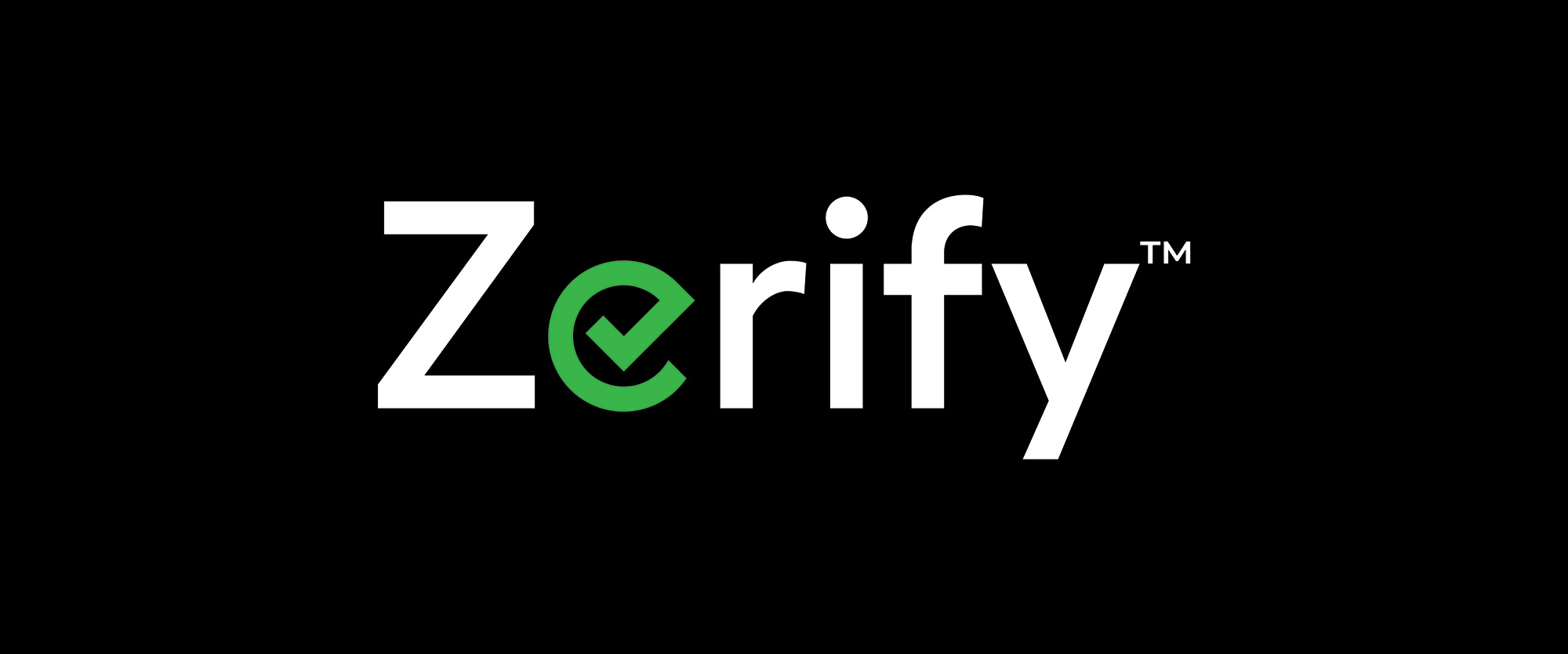
Martin Luther King Jr. envisioned a world where diversity, equality, and inclusion were a right and not a privilege. While we have made great strides over the past 50 years, there’s still a long way to go until everyone feels safe and free from all forms of bigotry. More recently, hate crimes on video conferencing platforms have spotlighted an alarming trend, highlighting the ease with which outsiders can hurl hate speech and target groups because of their religion, race, or sexuality.
To put this into context, in November 2021, outsiders hijacked a Washington state school board meeting led by a black superintendent, interrupting it by playing racist slurs on a loop. The Anti-Defamation League counted nearly 200 cases of antisemitic Zoombombing attacks in the U.S. in 2020. The Coalition of Muslim Women Kitchener-Waterloo (CMW) in June 2021 organized an online vigil to honor the four members of the Afzaal family killed in an anti-Muslim attack in London, Ontario. Roughly 800 people from the Waterloo region took part in the call before being bombarded by several individuals allegedly posting racist and Islamophobic slurs in the chat. More disheartening, it took police nearly seven months to investigate this as a hate crime.
Disruptions during video conferencing events are not just limited to academia and government sectors. Both private and public businesses have proven to be susceptible to the shortcomings of platforms that stress performance over security. There is a misconception that these zoombombings do not often happen, which is not the case; the problem is that even those distinctively motivated by hate do not get reported.
For more than twenty years, we have been dedicated to preventing data breaches and fighting cybercrimes. Specifically, during the previous two years, through our SafeVchat product, we have committed ourselves to protect individuals and organizations in the private and public sectors against disruptions during their online video communications and collaboration events.
In honor of MLK Day, we encourage businesses to own the responsibility of protecting their employees against such bigotry. It is not enough to state that your firm does not tolerate such actions; instead, every organization must put privacy and security protocols in place regardless of which video conferencing platform is used.
StrikeForce also urges every video conferencing platform to unite with the White House to create safety technology standards to protect individuals against hate crimes. As such, this month, we have officially launched our campaign to move towards creating security standardizations across the video collaboration and communications industry. StrikeForce and Aite-Novarica endeavored to study the ‘wild west’ of video conferencing security breaches for a year and concluded that standards should be set immediately.
Based on the response from the cross-industry stakeholders that participated in this research, the study concluded that a foundational schema is needed to classify the various levels of video conferencing sessions based on data security and privacy priorities. Once classifications are established, security and privacy technology protocols must then be implemented and executed in accordance with levels of importance.
Aite-Novarica and StrikeForce urge the industry to come together, consider, and adopt the 4-Level schema as the first step to standardization.
We hope that organizations can keep their employees safe by classifying video conferencing into four tiers of sensitivity and applying specialized cybersecurity controls for each level. The focus should be on inclusivity, and no one should feel targeted, marginalized, threatened, or othered. Video conferencing platforms can eliminate adverse incidents and hate crimes by ensuring they offer optimal protection for security features. This is only one small area where we can help, but it’s a step towards making the world aligned with MLK’s mission.
